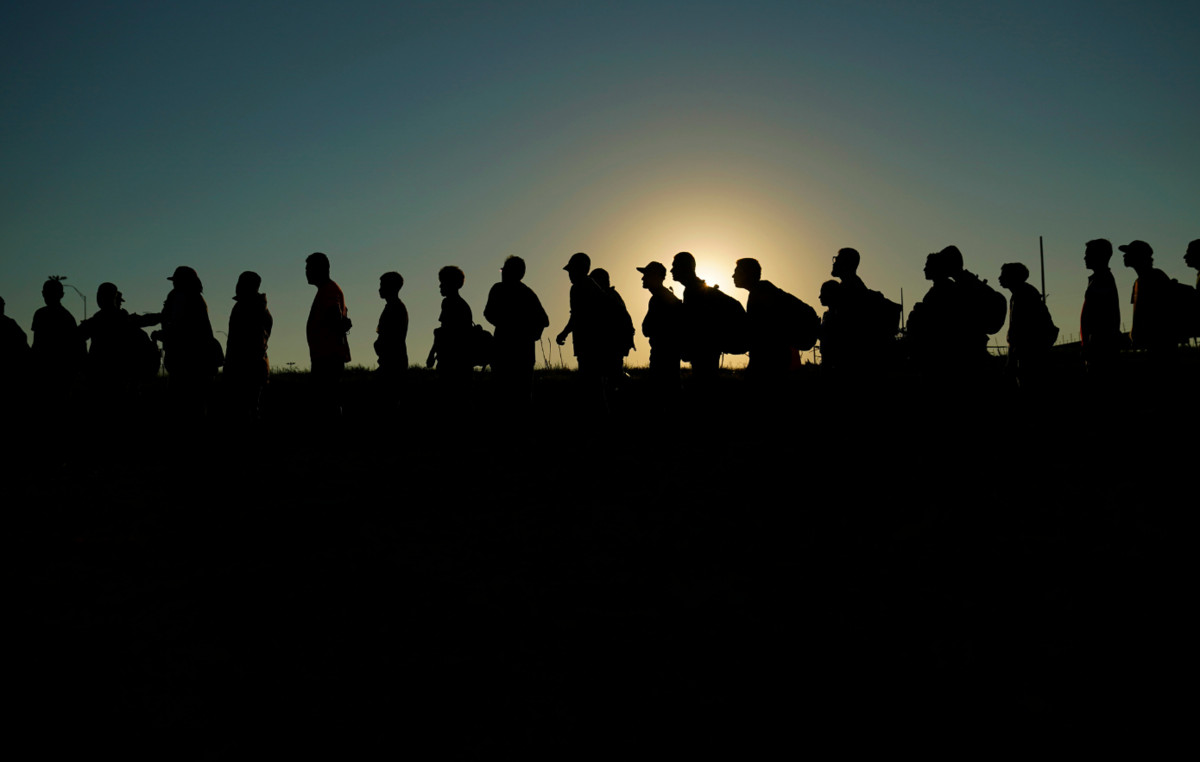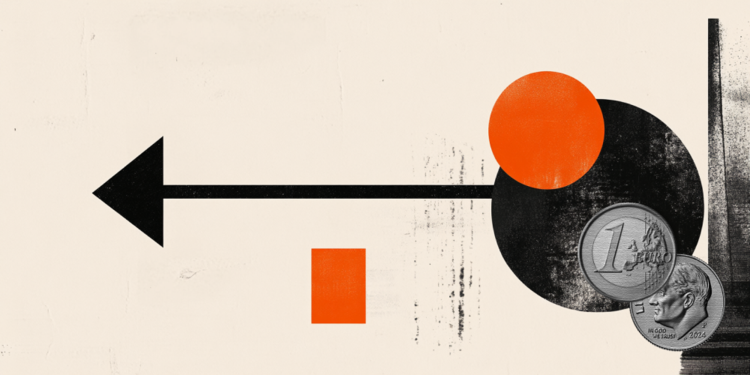Iran will support any decision taken by Lebanon in negotiations to secure a ceasefire with Israel, a senior Iranian official said on Friday, signaling that Tehran wants to see an end to a conflict that has dealt heavy blows to its Lebanese ally Hezbollah.
Ali Larijani, an adviser to Iran’s supreme leader, spoke during a visit to Beirut as Israel continues bombings in Hezbollah-controlled areas of the Lebanese capital.
This week, Israel stepped up airstrikes against southern suburbs controlled by the Lebanese group – an escalation that coincided with indications of movement in US-led diplomatic contacts towards an end to the conflict.
The American ambassador to Lebanon presented a draft truce proposal on Thursday to the speaker of the Lebanese parliament, Nabih Berri, who is endorsed by Hezbollah, to negotiate, two senior Lebanese political sources told Reuters.
The draft was Washington’s first written proposal to halt fighting between ally Israel and Iran-backed Hezbollah in at least several weeks, the sources said. The sources did not provide details on the content of the proposal.
In an interview with journalists after meeting with Berri, Larijani said that Berri provided him with “good clarifications”.
“We are not looking to sabotage anything,” said Larijani, answering whether he had gone to Beirut to take a stand against the US text.
“We are looking for a solution to the problems. We support the Lebanese government in all circumstances. Those who are getting in the way are Netanyahu and his people,” Larijani said, referring to Israeli Prime Minister Benjamin Netanyahu.
Hezbollah was founded by Iran’s Revolutionary Guards in 1982 and was armed and financed by Tehran.
A senior diplomat, speaking on condition of anonymity, assessed that more time was needed for a ceasefire and was hopeful it could be achieved.
The diplomacy marks an attempt by the American government to secure a ceasefire in Lebanon, as efforts to end the war in Gaza appear completely lost.
A major point of contention is Israel’s demand to maintain the freedom to act if Hezbollah violates any agreement – a demand Lebanon rejects.
Israel attacked Hezbollah and Lebanon after nearly a year of border hostilities sparked by the Netanyahu regime’s destruction of the Gaza Strip.
Israel’s destructive attacks have forced more than 1 million people to flee their homes in Lebanon, triggering a new humanitarian crisis in the region.
The war promoted by Israel dealt serious blows to Hezbollah, killing its leader Sayyed Hassan Nasrallah and other commanders.
Hezbollah has maintained rocket attacks on Israel and its fighters have been fighting Israeli troops in the south.
Destroyed buildings
On Friday (15), an Israeli airstrike leveled a building near one of Beirut’s busiest traffic intersections, Tayouneh, shaking the Lebanese capital. The targeted building is in an area where the southern suburbs meet other parts of the city, a more central target than most Israel has hit.
Before the latest airstrikes, the Israeli army issued a warning on social media identifying buildings in the southern suburbs and telling residents to leave, claiming they were near Hezbollah facilities.
The sound of an approaching missile could be heard in footage showing the airstrike near Tayouneh. The targeted building turned into a mountain of rubble and debris and a cloud of dust that billowed into the adjacent Horsh Beirut, the city’s main park.
On Thursday (14), Eli Cohen, Israel’s Energy Minister and member of the security cabinet, told Reuters that the prospects for a ceasefire were the most promising since the start of the conflict.
The Washington Post reported that Netanyahu is rushing to advance a ceasefire in Lebanon with the aim of delivering an early foreign policy victory to US President-elect Donald Trump, who is expected to be strongly pro-Israel.
According to Lebanon’s Health Ministry, Israeli attacks have killed at least 3,386 people as of Wednesday since October 7 last year, the vast majority of them since the end of September. The data does not distinguish between civilian and combatant casualties.
Hezbollah attacks killed about 100 civilians and soldiers in northern Israel, the Israeli-occupied Golan Heights and southern Lebanon last year, according to Israel.
This content was originally published in Iran supports “any decision” taken by Lebanon in ceasefire negotiations on the CNN Brasil website.
Source: CNN Brasil
Bruce Belcher is a seasoned author with over 5 years of experience in world news. He writes for online news websites and provides in-depth analysis on the world stock market. Bruce is known for his insightful perspectives and commitment to keeping the public informed.







